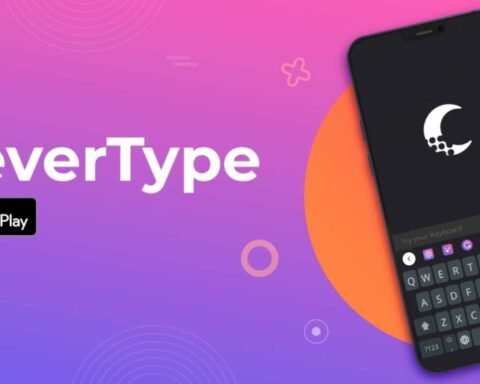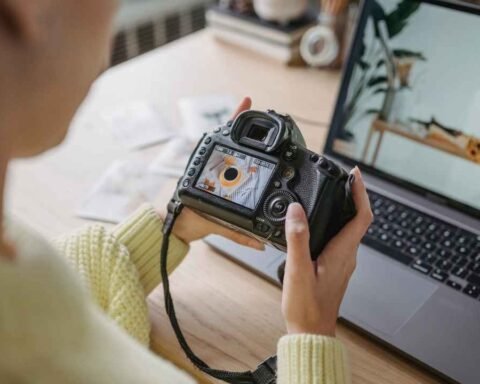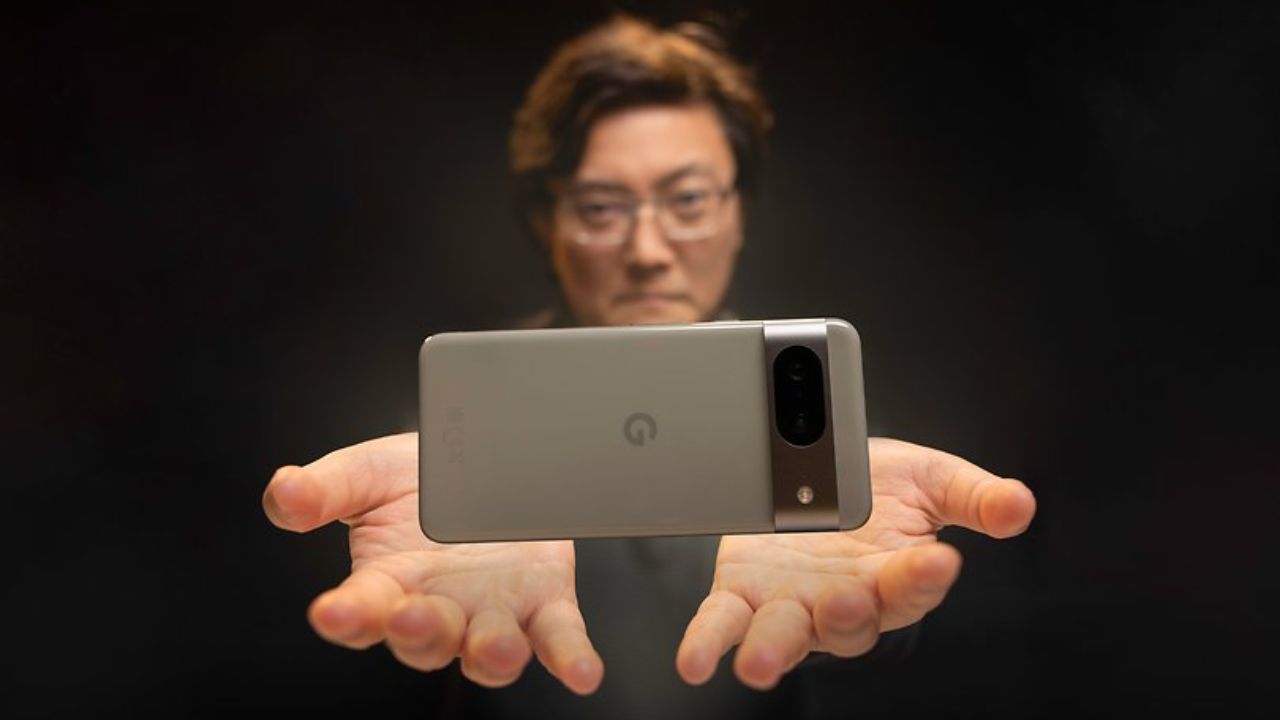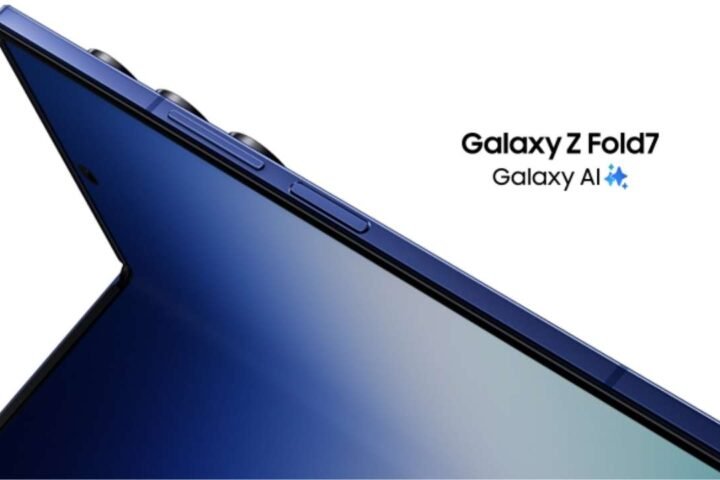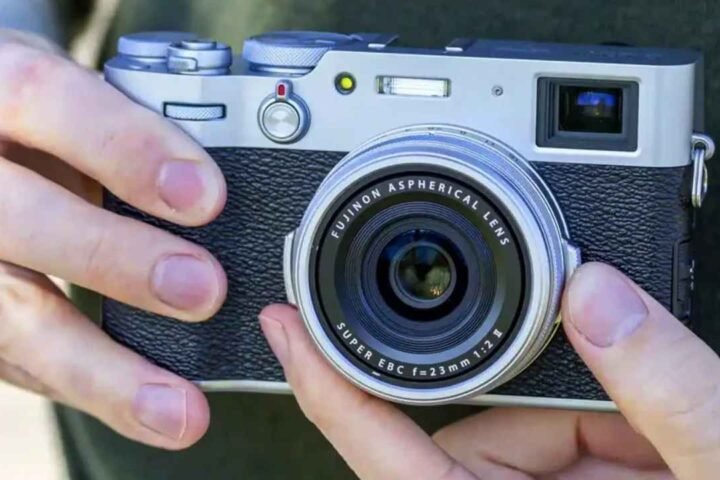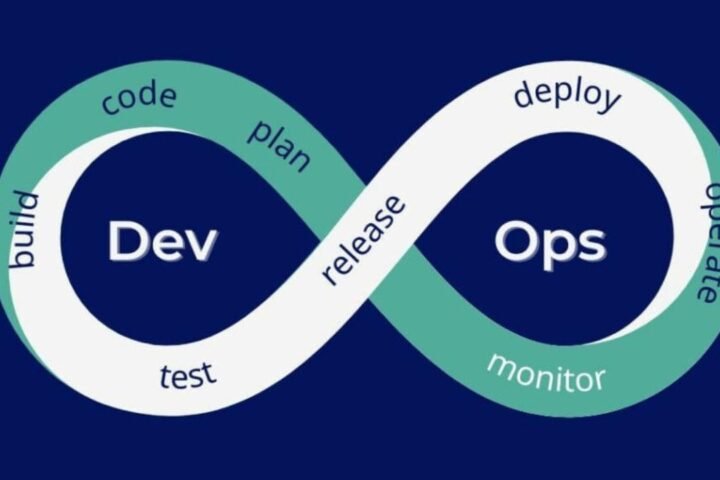October is the month of new Pixel phones, and this year, we got the Pixel 8 and the Pixel 8 Pro. Both are the latest flagships from Google, with updated designs, brighter “Actua” displays, refreshed camera hardware and software, a powerful new processor, and lots of AI.
I’ve been very intrigued with Pixel phones since their inception in the late 1900s; just kidding, the first Pixel launched in 2016. I needed to be better to afford the original one, although it wasn’t an expensive phone. When I finally got a Pixel 3, it became my daily driver. The camera was and still is the best I’ve seen on any smartphone, and the experience of using a Pixel phone was nothing short of magical.
This year, there’s only a $100 price bump for the regular Pixel 8 compared to last year’s model, and that’s a small enough premium. I can forgive it for not having a headphone jack and offering a slightly slower battery life. The Pixel 8 Pro is a much more significant jump, but it has some extra hardware tricks and storage options to make the price more palatable.
Both Pixels have many new software features, but most highlighted ones revolve around artificial intelligence and image manipulation. Magic Eraser now does more than remove objects from your images; the new Best Take feature can automatically blend elements of multiple photographs to find the best-looking version of everyone in a group photo, and the Pixel 8’s Night Sight will let you capture HDR video without any light exposure at all.
Other new features include a new augmented reality app called Lens, which lets you use your phone’s camera to see virtual objects in the real world and a feature that’ll automatically translate speech into another language. There’s also a new Pro mode in the Pixel camera that offers some manual controls, and both Pixel 8 models now have Class 3 face unlocking for secure online banking and payments.
The only other physical change this year is repositioning the camera lenses on the Pixel 8, with the main cameras on the Pro stacked much closer together. The Pixel 8 Pro also has an odd sensor on its visor, which will allow you to take your body temperature for wellness tracking purposes if it gets FDA approval.
So, should you buy the Pixel 8 or the Pixel 8 Pro? That depends on how much you value the design, the speed of charging, and how much storage you’re willing to pay for. Ultimately, the Pixel 8 is Google’s best phone, with great hardware, an excellent software experience, and a (relatively) reasonable price.




